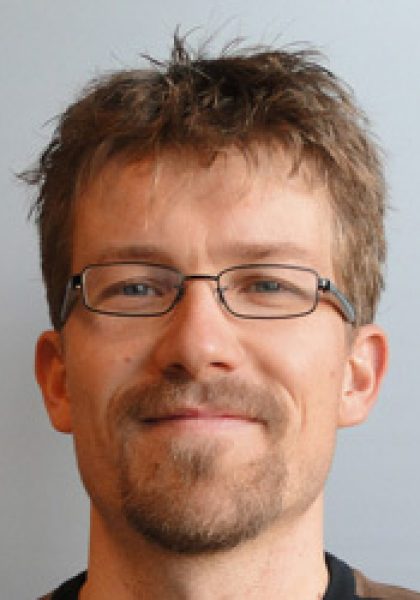Your capabilities
- You have a master degree In a graduate program bioengineering, (bio)sciences or equivalent. Students who will graduate in 2024 may also apply. If you have a foreign diploma, we ask you to obtain equivalence recognition. You can apply for this at NARIC Vlaanderen
- You must have obtained your master's degree or equivalent diploma no earlier than three years before the deadline for the call (March 1, 2025).
- At the start of the mandate, you must hold a diploma that is at least equivalent to a master's degree that follows a bachelor's degree and was awarded by the competent institutions of one of the EEA countries or Switzerland*. *You can have your diploma, awarded outside the EEA and Switzerland, declared equivalent to the level of a Flemish master's degree by NARIC. This also applies to diplomas awarded in the United Kingdom.
- As of March 1, 2025 (the deadline), you may have a maximum of 18 months of scientific seniority.
- You can apply for an aspirant mandate a maximum of two times.
- You have not previously held this mandate, even partially.
- You graduated at least distinction.
- You have a good knowledge of English.
Personal competences
- You can collaborate smoothly with both researchers and stakeholders
- You have strong organizational skills
- You work proactively
- You can work independently and are decisive.
Plus points
- You have a strong interest in agriculture, forestry and scientific research
- You have a strong interest in and preferably also experience with programming and/or modeling
- You have a strong interest in both agronomic and (forest) ecological research.
We offer
We offer you a fixed-term contract (initially for 11 months and extendable to 4 years subject to a favorable evaluation of the FWO mandate).
You get a varied, challenging and socially relevant job in a dynamic environment with attractive working conditions and development opportunities. Hybrid work is possible if the position allows it.
Additional: Hospitalization insurance, commuting allowance (bicycle – public transport), meal vouchers (8 €/day). An additional week of holidays are given between Christmas and New Year’s Day.
ILVO's Plant Department, the Laboratory of Forest and Nature of Ghent University (ForNaLab) , and the Soil Service of Belgium vzw (BDB) are joining forces to further develop the CARAT tool, which allows for an estimation of the expected carbon sequestration in the trees and soil of an agroforestry plot over time.
Agroforestry can play an important role in mitigating climate change through carbon sequestration in trees and soil. Quantifying this carbon sequestration enables financial valuation of carbon in agroforestry systems and can provide an economic incentive for land managers to adopt agroforestry. Ex-ante simulations of carbon sequestration can also support the design of climate-effective agroforestry systems.
To make such ex-ante estimates, the CARAT tool (CARbon Agroforestry Tool) has been developed in recent years. This tool allows for plot-level estimates of expected carbon sequestration for different tree species, planting distances, and soil types.
The tool is currently operational and well-received, but it still needs further calibration, validation and development. The goal is to add additional tree species and types of agroforestry (such as hedgerows) to the calculation tool, as well as to further improve its functionality and user-friendliness.
The various dimensions of the research, ranging from the collection of empirical data in the field to the further development, calibration and validation of the tool for a wide range of agroforestry systems and pedoclimatic conditions, combine to form a scientifically innovative, PhD-worthy pathway.
The aim is to develop, together with your team, a doctoral proposal on this theme and submit it. Preparatory research and initial modifications to the existing tool can also be started. Once the mandate is granted, you can continue the research for an additional four years.

